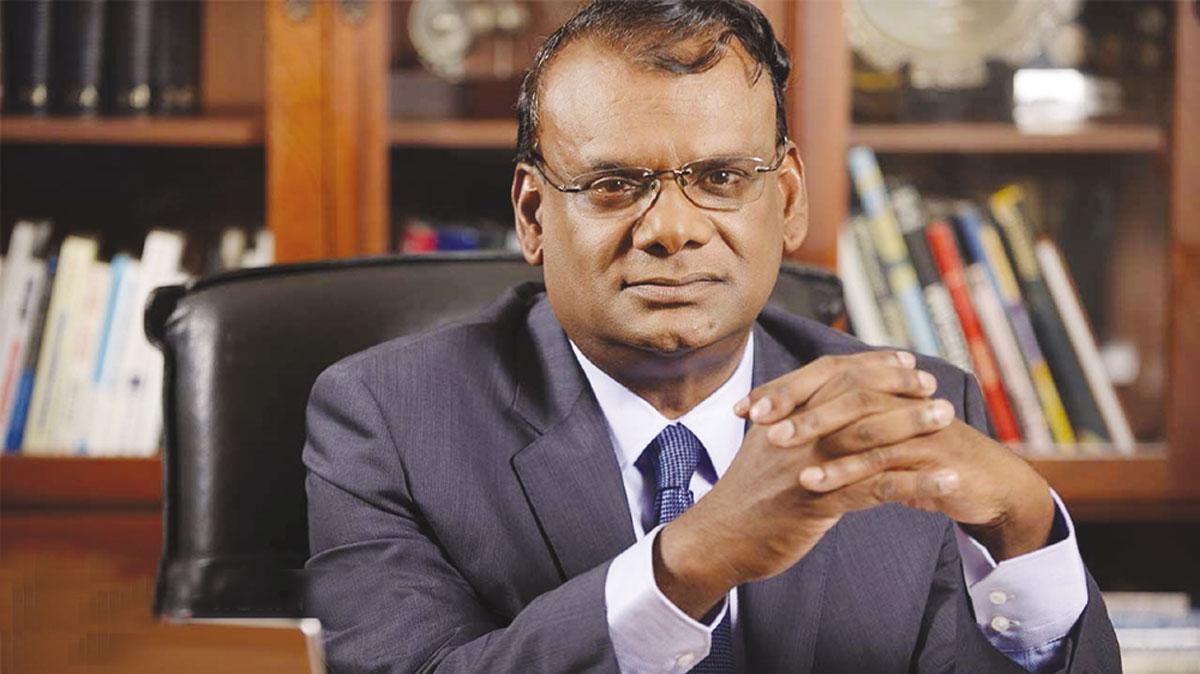Africa-Press – Mauritius. Eagerly awaited by the political class, the business community and the population, it was expected that Hon Padayachy’s third budget would not propose disruptive and innovative policies but would instead address those issues that are calling for immediate and concrete solutions, namely the erosion of the purchasing power of consumers, growing unemployment and increased poverty, etc.
In this week’s interview, former Finance minister Rama Sithanen recognises that the Minister has met some of the expectations of the population with a few flagship measures, but the question that should be asked, he says, is: How will all these measures be financed? ‘The Minister has been totally silent and conspicuously surreptitious on how he will finance these expenditures… One has to dig into the finest details of the appendices and make inferences to grasp the funding of these measures.
’ This is what he attempts to do in the following interview, and his answers give an indication of the ‘what next’ in the political calculations of the government. Read on:
Mauritius Times: The Prime Minister has stated that the 2022-23 budget was a very difficult one to prepare due to the war in Ukraine, the slow post-pandemic world recovery and rising energy and food prices globally.
To what extent do you think have these events influenced the budget presented by Finance Minister Padachy? Rama Sithanen: The tone and tenor, the form, substance and preparation of the budget have been primarily shaped by a combination of context, circumstances and prevailing public opinion.
First, undoubtedly are surging inflation, the unprecedented rises in the prices of oil, gas, food, medicines, fertilisers and other inputs that have dramatically eroded the purchasing power of everybody across the board, leading to a spike in poverty level and a sharp rise in cost of living.
And as people became desperate, these carried the risks of social unrest and riots erupting as we have seen in many countries. While headline inflation is expected at around 8.5% in Mauritius, food inflation is well above 16%.
A significant share of the population spends a very high proportion of its income on food and food related items. The consequences are dramatic for them with these items rising by more than 16%. With many families struggling to make ends meet, some surviving on only one meal and children having to bear the brunt of this humanitarian crisis.
For More News And Analysis About Mauritius Follow Africa-Press







